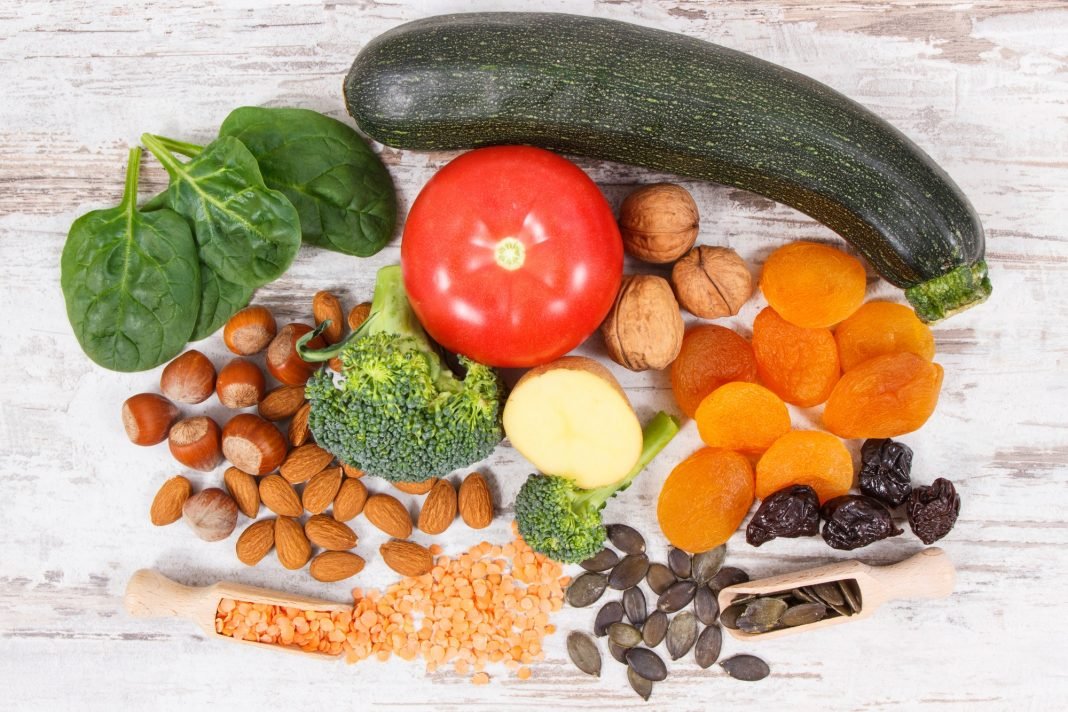Potassium
According to Joe Cohen at SelfHacked, potassium is a mineral which is essential for breaking down carbs, maintaining body growth, preventing strokes, building muscles, and most importantly maintaining fluid balance in the body. (1)
The best way to get the potassium you need is by eating a healthy and balanced diet. Food sources include broccoli, sweet potato, pomegranate, yoghurt, pure orange juice, salmon, chicken breast, milk, mango and acai berries. It is also in bee pollen, bromelain, beetroot, barley grass and baobab.
Health benefits of potassium
- Helps maintain blood pressure
- Supports nervous system function
- Promotes healthy muscles
- Supports fluid and electrolyte balance
- Helps to prevent stroke
Benefits
1) Helps maintain blood pressure
Potassium can work with several other minerals, including sodium and magnesium to help control blood pressure and support healthy blood pressure. Low levels of potassium can contribute to high blood pressure.
2) Supports nervous system function
The mineral supports the nervous system and may help to alleviate stress and low mood.
3) Promotes healthy muscles
Potassium works with sodium to control muscle functions. The balance between potassium and sodium is crucial, and imbalance can cause a decrease in muscle performance.
4) Supports fluid and electrolyte balance
It works with sodium to regulate the body’s water and electrolyte balance. Sodium works outside of cells, and potassium works inside of cells. Potassium and sodium salts are ideal ingredients in fluid replacement drinks.
5) Helps to prevent stroke
According to a Harvard Medical School study, eating more sweet potatoes, leafy greens, white beans, and other foods high in potassium could lower your risk of having a stroke. (2)
Potassium works well with
- Magnesium to support the functioning of the nervous system, alleviate stress and low mood and support muscle function, bone health and blood pressure regulation
- Iso energy for fluid and electrolyte balance
- Vitamin B Complex for stress and the associated symptoms
- Creatine for improved athletic performance, muscle definition and stamina
Some things to consider
Taking too much potassium can be dangerous. If you are on medication or have a medical condition, you should speak to your doctor before taking potassium.
According to WebMD potassium overdose, symptoms include a tingling sensation in the limbs, low blood pressure, irregular heartbeat, muscle weakness, or paralysis, confusion and coma. If you have symptoms of potassium overdose, seek immediate emergency medical help. (3)
Resources
- https://selfhacked.com/blog/potassium/
- https://www.health.harvard.edu/heart-health/potassium-rich-foods-linked-to-lower-stroke-risk-
- https://www.webmd.com/diet/supplement-guide-potassium#1







